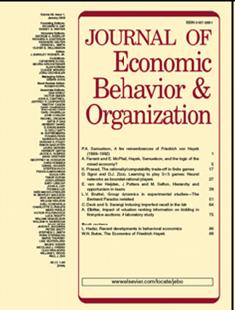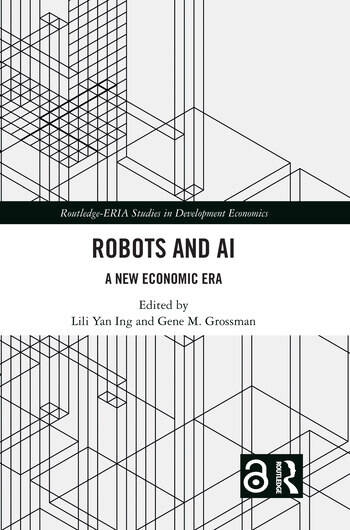Referierte Publikationen

Hollywood, Wall Street, and Mistrusting Individual Investors
in: Journal of Economic Behavior and Organization, June 2023
Abstract
Individual investors reduce their trading activity in financial markets after the release of negatively biased Hollywood movies related to financial markets. These movies regularly depict financial markets and professionals active in them as marked by greed and corruption (Lichter et al. 1997). This decline in trading activity at the extensive margin comes together with depressed investor sentiment marked by higher likelihoods and volumes of selling than of buying transactions by those investors still active. Their avoidance of investing in and tendency to trade out of stocks related to companies in the financial industry, as well as their shift from actively managed mutual funds to passive vehicles (ETFs), provide evidence for the deterioration of investors’ trust in the financial industry and its managers. This channel is in line with existing literature on subjective beliefs in investment decisions and the impact of biased media coverage, such as the negative depiction of financial markets, shareholders, and managers in Hollywood movies.

Global Banking: Endogenous Competition and Risk Taking
in: European Economic Review, April 2021
Abstract
When banks expand abroad, their riskiness decreases if foreign expansion happens in destination countries that are more competitive than their origin countries. We reach this conclusion in three steps. First, we develop a flexible dynamic model of global banking with endogenous competition and endogenous risk-taking. Second, we calibrate and simulate the model to generate empirically relevant predictions. Third, we validate these predictions by testing them on an original dataset covering the activities of the 15 European global systemically important banks (G-SIBs). Our results hold across alternative measures of individual and systemic bank risk.
Beiträge in Sammelwerken

On the Employment Consequences of Automation and Offshoring: A Labor Market Sorting View
in: Lili Yan Ing, Gene M. Grossman (eds), Robots and AI: A New Economic Era. Routledge: London, 2022
Abstract
We argue that automation may make workers and firms more selective in matching their specialized skills and tasks. We call this phenomenon “core-biased technological change”, and wonder whether something similar could be relevant also for offshoring. Looking for evidence in occupational data for European industries, we find that automation increases workers’ and firms’ selectivity as captured by longer unemployment duration, less skill-task mismatch, and more concentration of specialized knowledge in specific tasks. This does not happen in the case of offshoring, though offshoring reinforces the effects of automation. We show that a labor market model with two-sided heterogeneity and search frictions can rationalize these empirical findings if automation strengthens while offshoring weakens the assortativity between workers’ skills and firms’ tasks in the production process, and automation and offshoring complement each other. Under these conditions, automation decreases employment and increases wage inequality whereas offshoring has opposite effects.



